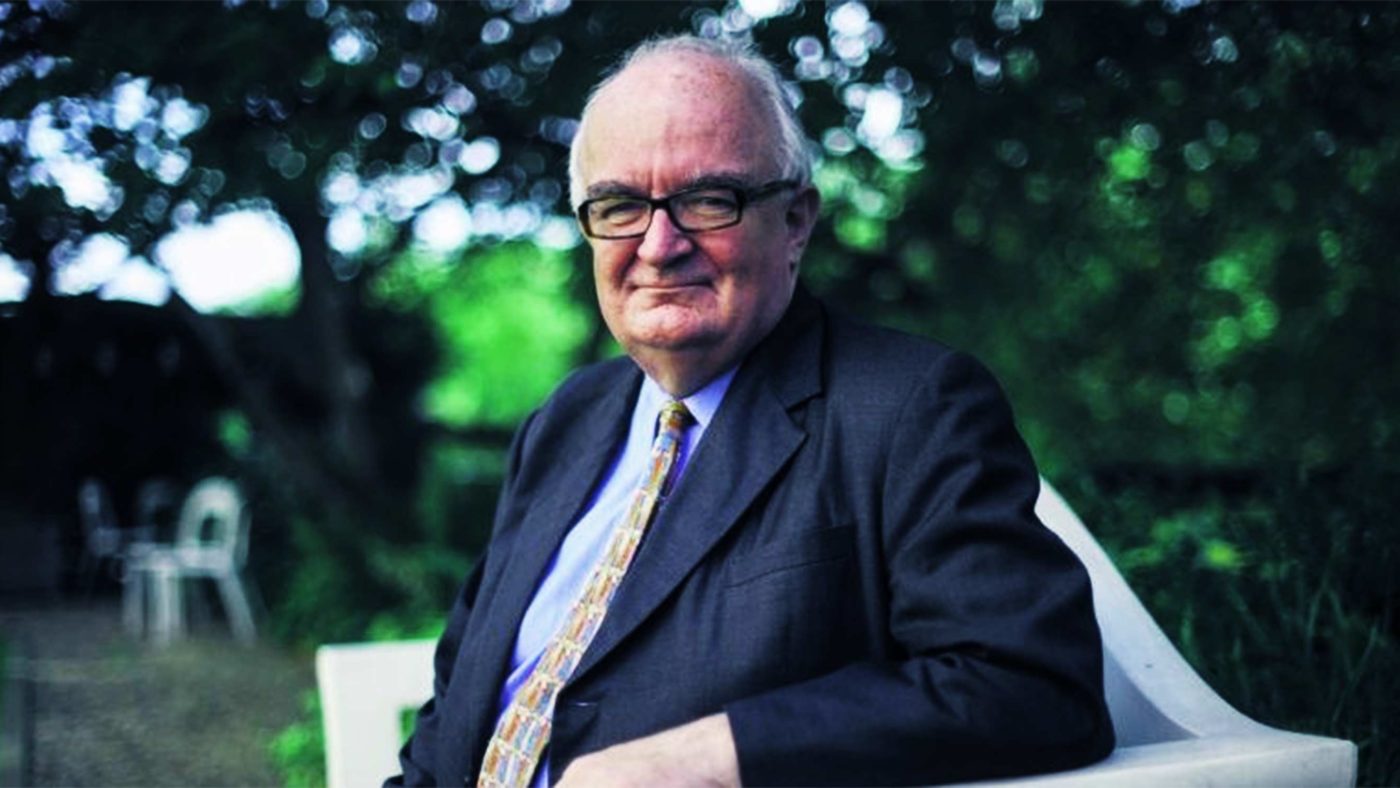Peter Riddell is one of the country’s most respected analysts of the workings of government, parliament and Whitehall.
Prior to his current role as Commissioner for Public Appointments, Peter was the Director of the Institute for Government, and a journalist with over 40 years experience during which he has held editorial positions at The FT and The Times.
He is also the author of 8 books, including 15 Minutes of Power: The Uncertain Life of British Ministers and In Defence of Politicians (In Spite of Themselves). CapX’s Assistant Editor Frank Lawton sat down with him to discuss the threats to representative democracy, the state of political journalism and the principle of “good government”.
Peter Riddell on…
The challenges to representative democracy
Political debate has opened up in a completely unrestrained way, whereby people aren’t responsible for what they do…Social media and the internet has fed a culture that says “all politicians are scoundrels”
We moved to referendums without defining the terms properly, and without thinking about how they fit into the system [of government].
If plebiscitary democracy goes too far it can undermine representative democracy, because representative democracy is a bundling, it’s about trade-offs and compromise, unlike in a referendum.
Political journalism
Brexit has produced a kind of propagandist journalism – on both sides – and what it’s made it much harder to do is a more detached, analytic approach.
Politicians have lost the benefit of time – the positive thing in the past [before 24hr news and social media] was that politicians had more time to reflect, and the same is true of journalism.
Good government
I find the way government puts people in cabinet jobs for such a short period of time very unsatisfactory…Anything significant will take 2-3 years, by which point a minister most likely won’t be in office. You’re not going to have successful implementation if you’re going to keep shifting the ministers around.
It has a really bad effect on policy as ministers know they haven’t got much time and so go more short-termisit : they think what can I make an impact in the next year that will impress the whips impress the PM and get me promoted.
We have too many ministers, we have far more than most other countries and one of the ironies of our system is that despite privatization and devolution we have more ministers than we did in the 1980s.


